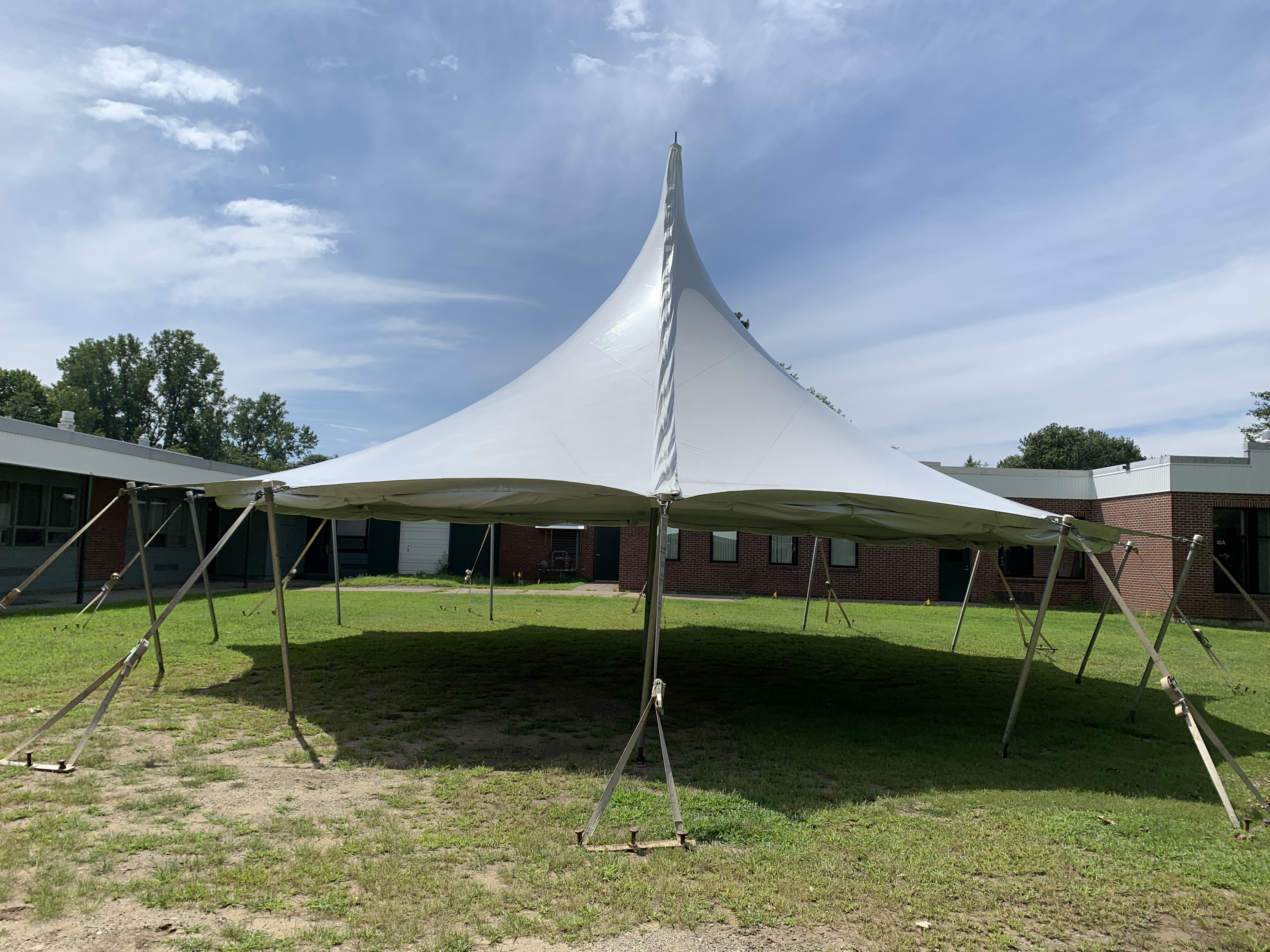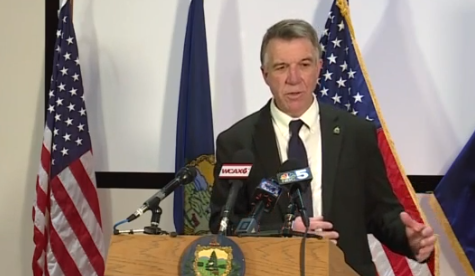Business disruptions from COVID-19, especially in the dining and hospitality sectors, have food producers getting creative and becoming increasingly more sophisticated with their digital marketing—in order to reach consumers directly and drive new sales.
At Orb Weaver Farm in New Haven, Vermont, Kate Turcotte cares for 28 cows, using their milk to make a range of artisan cheeses sold across the northeast.
When she has a rare free moment, Turcotte snaps photos of her animals or of her view, sharing shots on social media.
"A lot of people wake up in apartments in cities, and so for them to turn on their phone and look at that picture, I hope it made them happy," she said of a recent Instagram post showing the farm at sunrise.
Turcotte's social media use is about more than simply racking up "likes."
Orb Weaver's Instagram and Facebook accounts became critical lifelines when the cheesemaker lost restaurant revenues to COVID-19 closures.
"We're a very cash-tight business, so to have sales just kind of disappear overnight, the online store kept us going for a couple months, for sure," Turcotte recalled. "You could just tell some people were going in and just buying everything—and really, I know it was just to support us, which was really, really heartwarming."
Anson Tebbetts, Vermont's agriculture secretary, said with the pandemic forcing quick shifts in many farmers' business plans—such as setting up online ordering or building roadside stands—digital marketing has been more vital than ever in helping them connect with customers in new ways.
"Right now, we're in a cycle of consumers wanting to buy local," Tebbetts told NECN and NBC10 Boston. "As long as farmers and producers are authentic, consumers react to that."
More on the Coronavirus in Vermont
Morgan Gold's mastered the recipe. He runs a popular YouTube channel about the geese, ducks, and chickens he keeps on his property in Vermont's Northeast Kingdom.
"It's blown up way past what I hoped or expected," said Gold, who still works full-time in marketing for an insurance company.
The upstart farmer's Gold Shaw Farm videos mix humor, rural charm, and both the highs and lows of keeping animals. They've racked up so many views that Gold now makes more off advertising than selling eggs from his property, the New York Times recently reported.
"The more that you can focus on telling your story and sharing what your farm's all about, the more you're going to be able to connect with an audience," Gold told NECN and NBC10 Boston.
Having seen the business boost from her posts, Kate Turcotte said she plans to keep doing what farmers everywhere now are adding to their long list of chores: cultivating their online followings.
"I think we'll just continue to get savvier and better with it," the farmer and cheesemaker predicted.



